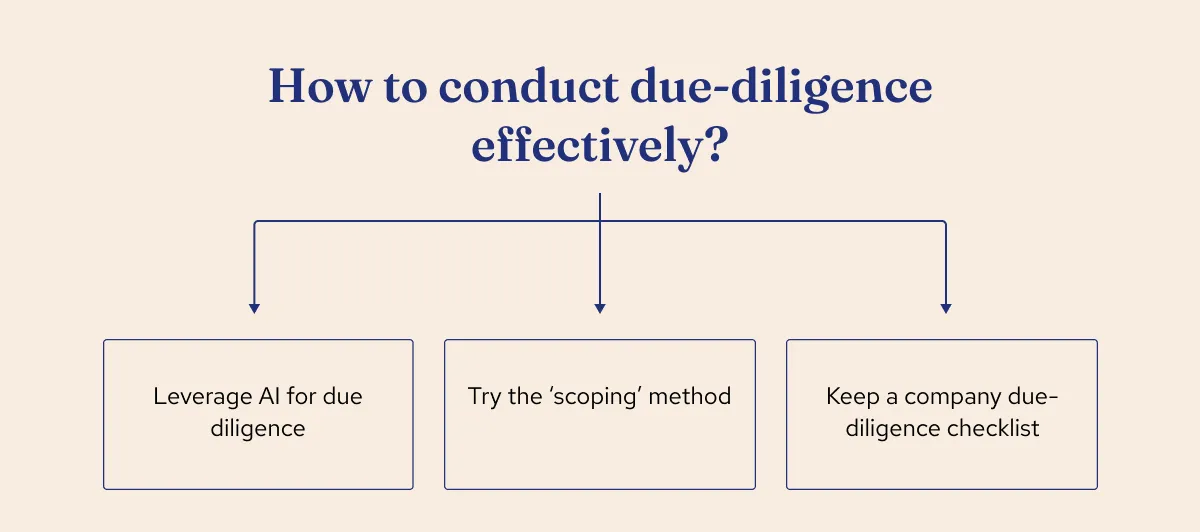In the landscape of American labor rights and economic policy, the minimum wage stands as a cornerstone in the quest for fair compensation and social equity. As debates and discussions surrounding wages continue to shape political discourse and affect millions of workers nationwide, understanding the intricacies of minimum wage laws in the United States is crucial. This blog delves into the history, current status, debates, and implications of the minimum wage in the USA.
Historical Context: The Origins of Minimum Wage
The concept of a minimum wage in the United States traces back to the early 20th century, a time marked by widespread labor unrest and the fight for better working conditions. The Fair Labor Standards Act (FLSA) of 1938, a landmark federal law, established the first national minimum wage at 25 cents per hour, alongside other labor protections such as overtime pay and child labor restrictions. Since then, the federal minimum wage has undergone numerous adjustments through legislative updates.
Current Federal Minimum Wage
As of the latest update in this blog's context, the federal minimum wage in the United States is $7.25 per hour. This rate has been in place since 2009, following a series of incremental increases from previous levels. It's important to note that while the federal government sets a minimum standard, individual states are empowered to implement higher minimum wages to better reflect local economic conditions and costs of living.
State and Local Variations
Recognizing the diversity of economic landscapes across the country, many states and even local municipalities have enacted their own minimum wage laws that exceed the federal standard. For example, California, Washington, and Massachusetts are among the states with higher minimum wages due to their higher costs of living and progressive labor policies. This decentralized approach allows jurisdictions to tailor wage policies to their specific socio-economic realities.
Debates and Controversies
The debate over the minimum wage in the USA is multifaceted and often contentious. Supporters argue that raising the minimum wage improves the standard of living for low-wage workers, reduces poverty, and stimulates economic growth by increasing consumer spending. Critics, on the other hand, express concerns about potential job losses, particularly in industries with tight profit margins, and argue that wage increases could lead to inflationary pressures.
Impact on Workers and Businesses
The impact of the minimum wage extends beyond mere numbers on a paycheck. For workers, earning a higher minimum wage can mean improved financial stability, better access to healthcare, and enhanced opportunities for personal and professional development. On the flip side, businesses, especially small enterprises, may face increased operating costs, potentially affecting pricing strategies, workforce composition, and overall competitiveness.
Looking Ahead: Policy and Social Implications
As the United States continues to navigate economic recovery and societal changes, the minimum wage remains a pivotal issue with profound implications for social justice and economic policy. Calls for increasing the federal minimum wage to $15 per hour have gained momentum in recent years, reflecting a broader movement toward greater income equality and fairness in the labor market.
In conclusion, the minimum wage in the USA embodies more than just a legal requirement; it represents a fundamental commitment to ensuring that work is adequately rewarded and that all individuals have the opportunity to achieve economic security and prosperity. As the nation moves forward, finding a balanced approach to setting and adjusting the minimum wage will remain a critical task, one that impacts millions of workers and shapes the future of American labor standards.
 Don't let your content be flagged with AI Detectors - use a Free AI Humanizer
Don't let your content be flagged with AI Detectors - use a Free AI Humanizer
 Don't let your content be flagged with AI Detectors - use a Free AI Humanizer
Don't let your content be flagged with AI Detectors - use a Free AI Humanizer
















